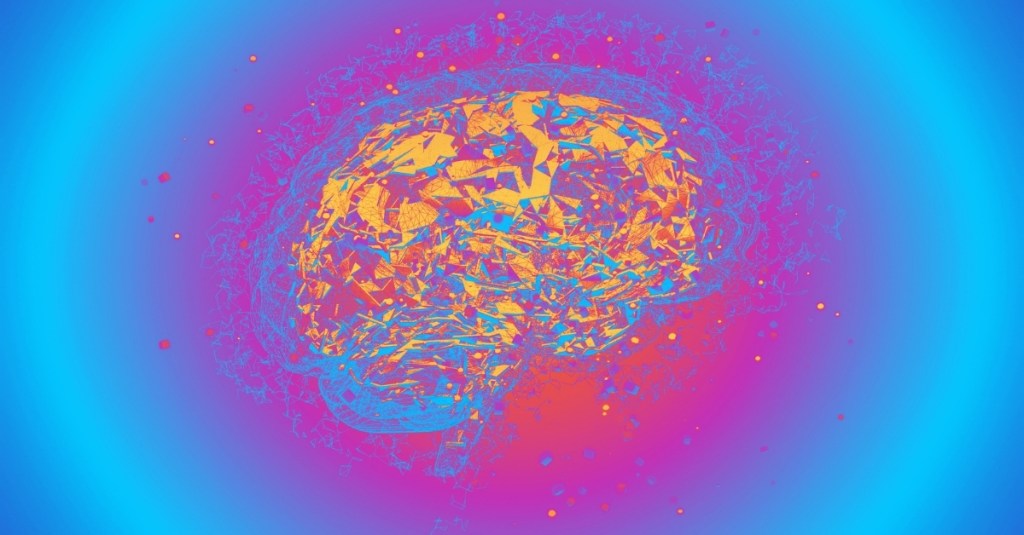Two people can be the same age and live completely different versions of getting older. One forgets names, the other trains for marathons. Scientists at USC think they may have found part of the reason. They’ve discovered the brain’s own heartbeat, a pulse that could explain why some people’s brains stay sharper for longer.
The study, published in Nature Cardiovascular Research, used ultra-powerful MRI scans to track what happens in the brain with each heartbeat. Researchers measured how blood vessels expand and contract using a new index that records these microscopic shifts.
In younger adults, the rhythm looked smooth and predictable, tapering off as it reached deeper brain regions. In older adults, the pulse was rougher and stronger, especially in the white matter that connects different areas of the brain.
Some of the older participants had vascular patterns nearly identical to those of people decades younger. Others showed heightened pulsations tied to cognitive decline, particularly those with high blood pressure.
“Arterial pulsation is like the brain’s natural pump,” said Dr. Danny Wang of USC’s Keck School of Medicine. “It helps move fluids and clear waste. Seeing how it changes with aging and risk factors opens new ways to study brain health and dementia.”

Scientists Found a ‘Heartbeat’ in Your Brain That Tracks How You Age
When arteries stiffen, they stop cushioning the force of each heartbeat. That pressure moves deeper into the brain and can gradually damage sensitive tissue. Over time, that stress may contribute to problems with memory, focus, and reasoning.
What surprised researchers most was how consistent these pulse patterns were within each person. Every brain had its own steady rhythm that didn’t change across months of testing. The scans showed that even among people of similar age, the brain’s internal beat can reveal who’s biologically aging faster.
Traditional brain scans capture damage after it’s already done. This new technique records what’s happening in real time, offering a glimpse at early warning signs before decline begins. It’s still early work, but the discovery adds something new to the story of aging. The way your brain pulses may say more about your future than your birthday ever could.
The post Your Brain Has Its Own Heartbeat—and It Might Show How Fast You’re Aging appeared first on VICE.




